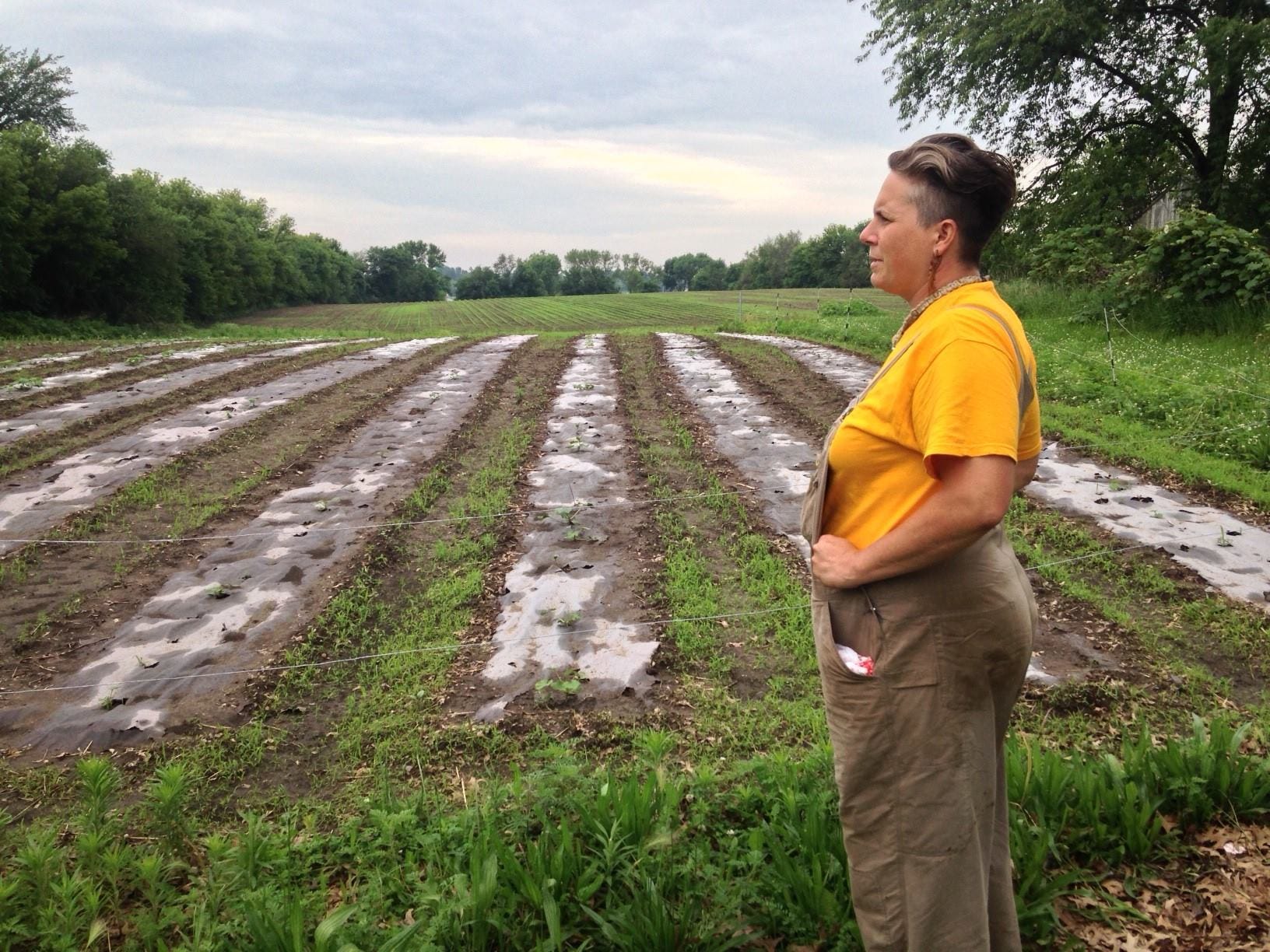The city of Dubuque continues to build its reputation as Iowa’s most eco-friendly city. Governor Terry Branstad’s administration recently announced the winners of the upcoming Iowa Environmental Excellence awards, and one is going to the Sustainable Dubuque initiative. Granted, Branstad isn’t known to have an eye for “environmental excellence,” but in this case the award is well-deserved. After the jump I’ve posted the press release announcing other winners of this year’s awards. Click here to learn more about what Sustainable Dubuque has accomplished during the past five years. The initiative is one big reason Dubuque has received so much recognition:
*Named most livable small city in the country, according to the U.S. Conference of Mayors (2008)
*Honored for “excellence in historic preservation-led strategies,” according to the Economic Development Administration, an agency within the federal Commerce Department (2009).
*Chosen by the U.S. Environmental Protection Agency, Department of Transportation and Department of Housing and Urban Development for sustainability pilot programs (2009)
*Named All-Star Community by the Iowa League of Cities (2010)
*Received leadership award from 1000 Friends of Iowa for adopting a Unified Development Code that “promotes best practices in sustainable development and will serve as a model for other cities in Iowa” (2010)
*Honored as third-place finalist and gold-standard community for cities with populations between 20,000 and 75,000, at the International Awards for Livable Communities (2010)
Various business groups and business-oriented media have also cited Dubuque as one of the best places to work, live or raise a family in the country.
Meanwhile, Dubuque’s public transit system (“the Jule”) just won an award from the Federal Transit Administration Region VII and was recognized by the Iowa Department of Transportation as Iowa’s “Most Improved Urban Transit System.” The Jule managed to reduce the cost per ride by 14.5 percent during the past fiscal year while the number of rides taken increased by 10.7 percent. Many Iowans think of public transit only in a large urban context, but there is demand for reliable bus service in many smaller Iowa cities and towns.
Civic leaders have implemented eco-friendly initiatives elsewhere in this state (I’m looking at you, Cedar Falls, Davenport, Des Moines and Iowa City), but Dubuque is setting the bar high and striving to do more. Just last week, the city council voted unanimously to approve a goal of using 90 percent fewer plastic shopping bags in Dubuque by 2017. The city council had considered banning the plastic bags by 2014 but opted for a gradual approach through outreach and education.
This October, Dubuque will host its fourth annual “Growing Sustainable Communities” conference. I hope staff or city council members from many other towns will attend. Conference details are after the jump. Registration is free for the first 100 students to sign up.
Continue Reading...





